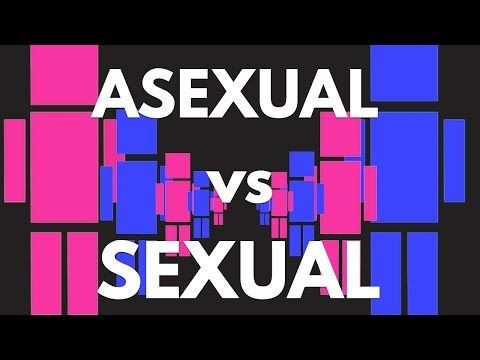Asexual Vs. Sexual Reproduction: Why It's Better To Combine Your Genes With Another Person

Bacteria, blackworms, and hydras all do it: They reproduce asexually, meaning they use their own genetic material to produce identical offspring. They produce a smaller daughter cell (budding) and literally split it in half (binary fission), or through spores, in order to quickly and easily pass along their DNA. But at the end of the day it’s not as evolutionarily advantageous as its more complicated counterpart — sexual reproduction.
In the video above, Life Noggin explains why humans (and most other organisms) don’t reproduce asexually. In short, the narrator notes that "the inefficiency of reproducing sexually is overcome by the benefits of combining your genes with another person’s." That’s because when organisms reproduce asexually, mutations they carry will never be cancelled out by new mutations or genetic information; they will only accumulate over time and result in extinction, a process known as “Muller’s ratchet”. For species that reproduce sexually, this is less likely to happen.
There’s also the “Red Queen Hypothesis,” which suggests that organisms must constantly adapt in order to survive against other evolving, opposing organisms. Sexual reproduction makes both of these things easier.



























